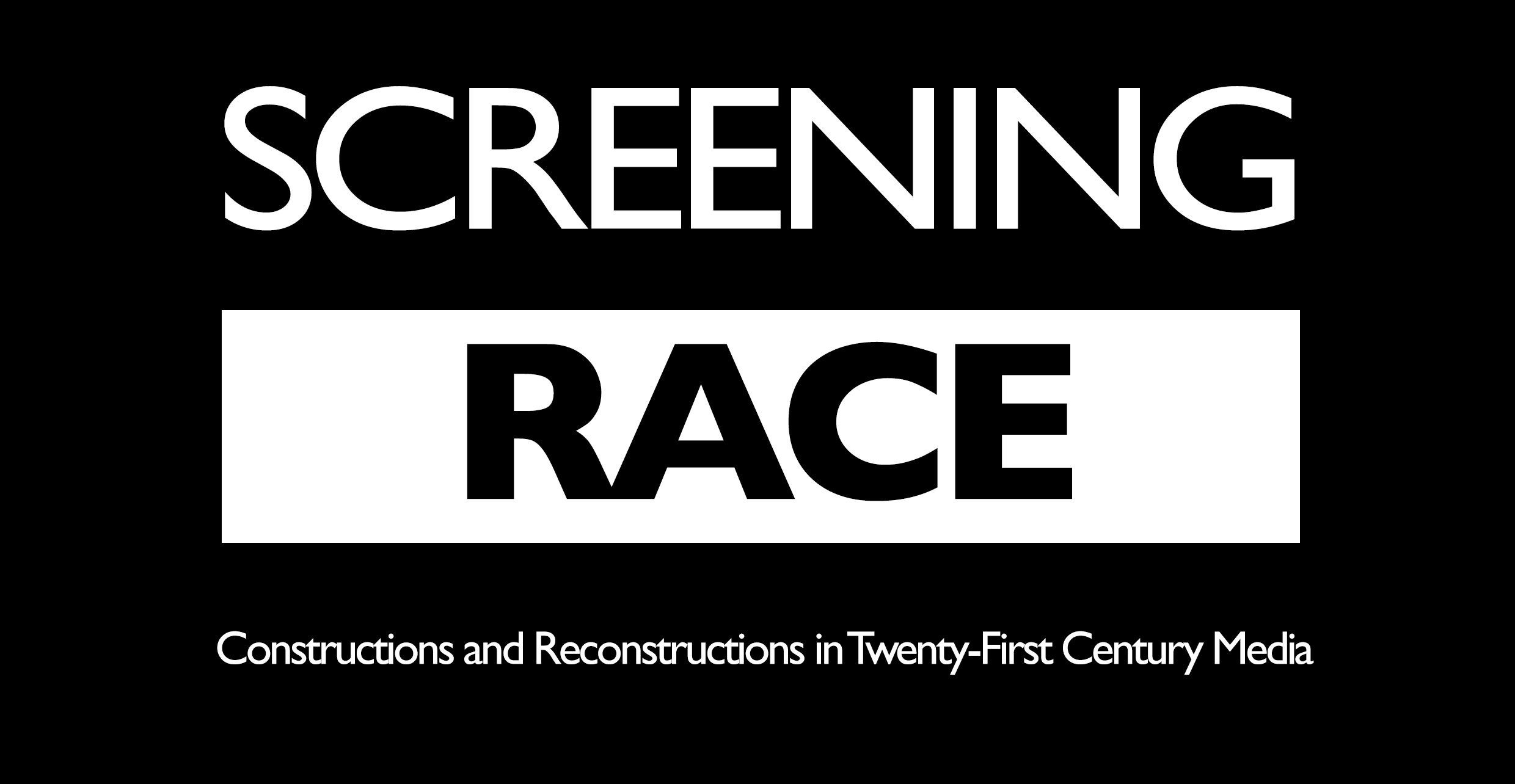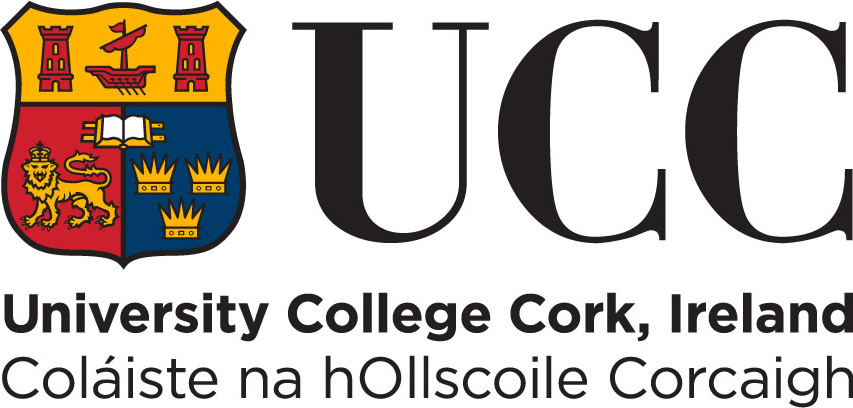Call for Papers - Issue 13
Deadline: Friday 9 September 2016
Issue 13 of Alphaville will focus on the renewed interest in race and identity on screen and in the media. These topics have received increasing attention in recent years, including a spate of films and mini-series chronicling episodes in black history from the past two hundred years, and are at the core of a growing public engagement with questions of civil rights and social justice, which most recently has sparked movements like Black Lives Matter in the aftermath of numerous deaths of black citizens at the hands of American police.
With their ability to display iconic images to mass audiences and to be particularly powerful in reimagining and influencing both internal and external views of history, as well as the present and future, film and TV are key players in the public conversation about race and identity. Filmmakers and media artists across the world are creating images that have become part of our modern culture and that deeply influence the public understanding of these concepts.
Media representations of race and identity have changed and shaped how we perceive the world around us. The construction and performance of identity on screen influences our individual identity performance as well as societal opinion on particular identities. However, these constructions are not without complications, notably in terms of what tropes are used to represent specific national, racial or ethnic identities, as well as the balancing act of composite identities and hyphenated subjects.
The forthcoming issue of Alphaville, to be published in Summer 2017, will be guided by several overarching questions and ideas. American author, feminist, and social activist bell hooks speaks of the “levelling power” of film, its ability to “reach both into the ivory tower and out to the people on the street in a way that few elements in Western culture can” (Sealey, 2008, p. 14). Do films like Django Unchained, 12 Years a Slave, Selma and others demonstrate this levelling power, or is there a danger of oversimplifying and even misrepresenting highly complex issues like race and identity? How are media formats and platforms like TV, web series and the mobile social media influencing the representation and construction of race and identity today? What do these say about our changing society and the role of the media in it?
The Editors invite contributors to investigate topics and issues including, but not limited to:
- Race, representation and identity: a problematic trinity?
- Race on the big screen, race on the small screen — Why now?
- Are we finally ready? Cinematic confrontation with race and identity in twenty-first century screens
- Construction and performance of racial and ethnic identities
- Screening race, shaping identity: How are racial/ethnic identities represented in contemporary media?
- Considerations of hyphenated or hybrid identity performance in contemporary media
- The impact of addressing race on screen
- Self-description and self-representation by non-white filmmakers
- The persistence of stereotype in constructing racial/ethnic identities
- Genre and race on screen
- Cultural appropriation of films and TV series
- The director as a mediator between cultures
- Contemporary audiences and the experience of racism on screen
- The overt or inadvertent creation of racist media
- How does the construction of racial identity on screen influences society/daily identity performances?
- Stardom and race in contemporary media
- Hollywood and whiteness
- Intersections of gender and race in twenty-first century film and TV
- Activism, social media, racial conflict
- The role of media in current political context and debate about race and identity in the USA
- From Django Unchained to the new The Birth of a Nation (Parker, 2016): Renewed interest in African-American representation on the big and small screen
Potential contributors are invited to submit a 300-word abstract, 3–5 keywords and a biographical note by Friday 9 September 2016 to Loretta Goff and Caroline Schroeter at the following address: issue13.alphaville@gmail.com
Authors will be notified of editors’ decision by 26 September 2016. Following acceptance, authors will be required to submit their completed articles of 5,500–6,000 words that fully adhere to Alphaville Guidelines, MLA and House Style by Friday 11 November 2016.








